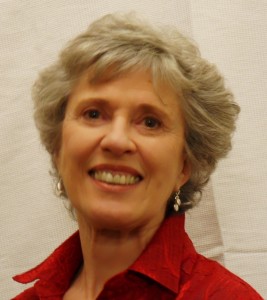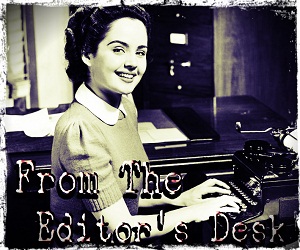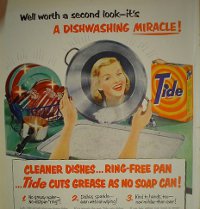A few weeks ago I was honored to be able to sit on a panel of women brought together by Monica Bauer to discuss the specific challenges (and joys!) of being a woman in the Off-Off Broadway community. My fellow panelists were from many different paths, but we all came together with the same spirit and goal – to color an area of the larger picture with our own story in order to present a richer canvas to the audience.
Our discussion was lively, energetic, informative and surprisingly fun. Since I was the only one of the bunch with an actual tool to preserve what had happened that evening (this website you see before you) I offered to turn our discussion into a web series for posterity. Over the next few weeks I’ll feature a different, amazing Woman of Off-Off Broadway who will share her journey with us all.
Kicking us off this week is playwright Robin Rice Lichtig. The author of over 40 plays, including 12 full lengths, Lichtig’s plays have been produced worldwide. She is currently working on an autobiographical play (SUKI LIVINGSTON OPENS LIKE A PARACHUTE), a play about the Victorian photographer Alice Austen, and a puppet theatrical to be produced in a Manhattan park next summer. PLAY NICE! will have a New York premiere in May. SEARCHING FOR A NEW SUN will have a New York workshop and/or premiere next spring following a reading in Berlin.
We were all asked to give one of our best and worst experiences working in Off-Off Broadway. Robin, what was yours?

One of the worst experiences I have had with a theater happened in New York about six years ago. A long one-act play (now titled O RUMBLES OF JOY!, published by JAC Publications and Promotions) was cast, rehearsed, and on stage while I was intensely involved with a residency at The Lark so I couldn’t keep an eye on the proceedings at the unnamed theater. I dashed from the closing feedback session at The Lark around the corner in time to catch the very last performance. To my horror I found that not only had the director cast one of the male characters with a woman in the cast of three, she then apparently didn’t know what to do with the character (since this was totally absurd) so she took the liberty of having the character exit half way through the play and never enter again. This was the pivotal character. He was never supposed to leave the stage. With him being given a sex-change operation, and then killed off (along with what he said) way before the end of the play, the result — well I wouldn’t even call it chaos. Nothing that exciting. It was plain stupid. I wrote a very strong letter to the artistic director, who phoned me and defended the director. Needless to say I want nothing to do with that producer ever again. The only good thing was that I had told nobody about the production so no one I knew wasted their money on it. I’m not naming the theater here, but when people ask me personally I don’t hold back! I firmly believe that we playwrights need to support each other.
Give one thing you learned from a fellow panelist that illuminated something for you, or sparked something in you – even if it was in response to your own story – actually ESPECIALLY if it made you see your own story differently!
What I learned from #2 and from other experiences along the way is that I need to (1) not accept just any old offer of a production and (2) interview a director before giving the green light. The best way to do this is, I think, to ask a director to describe his or her vision of the play before I say anything about it. Does this vision match my own or are we on different pages? Does he or she seem to want to impose a vision that is different from that of the play? Of course new playwrights are anxious to take any production they’re offered, but if the director and writer aren’t seeing eye-to-eye, if the director’s goal isn’t to realize the play that the writer has written, then the play won’t be served.
I think the overall message that came through in the panel is that all our experiences have valuable learning components for the part of this business that happens once a play leaves the beautiful solitude of our studies. Those of us who can turn hurtful experiences into learning experiences will continue forward strengthened.
~~~
Robin Rice Lichtig is a member of the Dramatists Guild, the League of Professional Theatre Women, Literary Managers and Dramaturgs of America, and a founder of Manhattan Oracles, a developmental playwriting group now in its eighth year.
More information can be found on her website.







{ 0 comments… add one now }